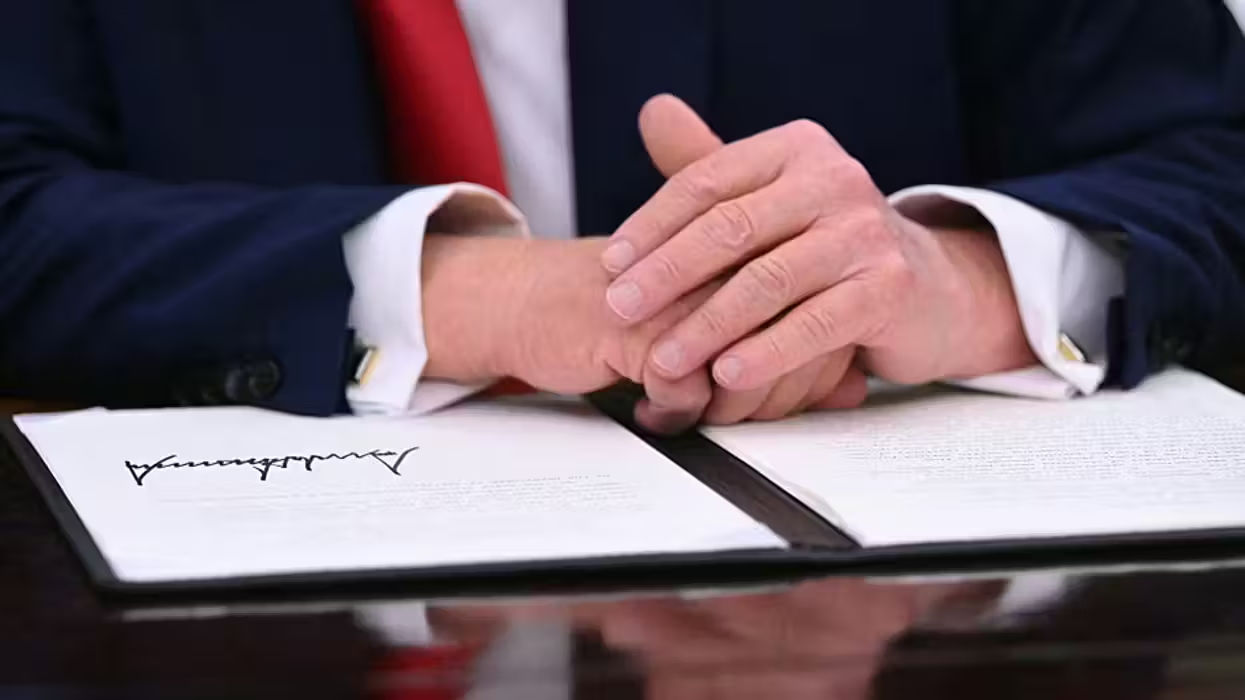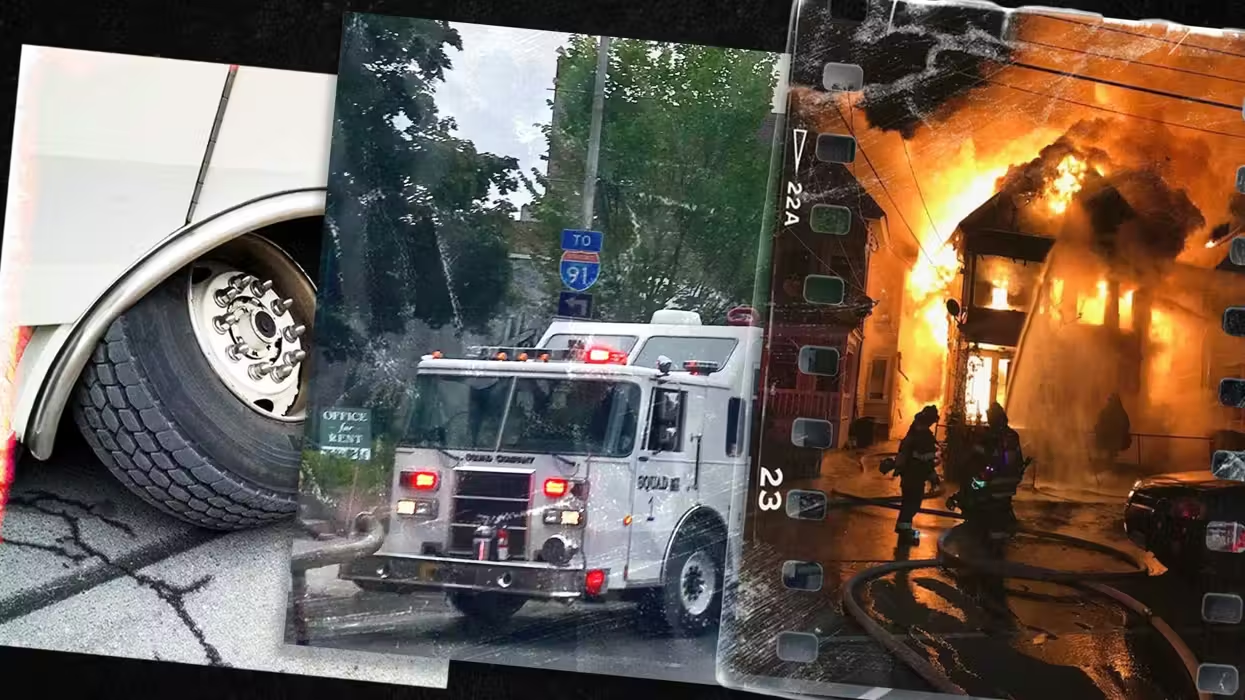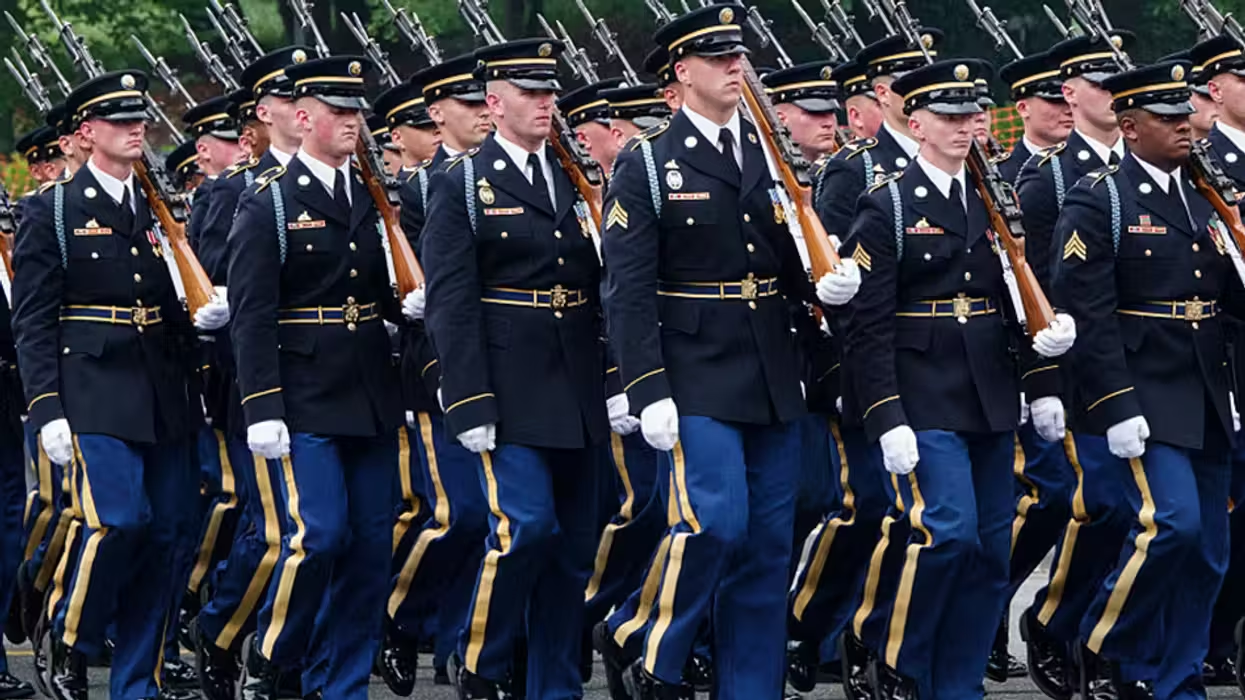The United States invested billions of taxpayer dollars over the past 12 years into an Afghan security program that lacked appropriate oversight and possibly paid for Afghan National Police that never existed, a lead government watchdog learned.
 Afghan security forces are seen near the building which was occupied by militants in Kabul, Afghanistan on Wednesday Sept. 14, 2011. (AP Photo/Musadeq Sadeq)
Afghan security forces are seen near the building which was occupied by militants in Kabul, Afghanistan on Wednesday Sept. 14, 2011. (AP Photo/Musadeq Sadeq)
Inspector General John Sopko with the Special Inspector General for Afghanistan Reconstruction, known as SIGAR, warned Thursday that despite the more than $102 billion invested in reconstruction and economic development over the past 12 years, the United States still does not have a viable plan to combat corruption in Afghanistan.
Sopko said SIGAR, which has more than 200 analysts, inspectors and other employees, has conducted a number of audits since 2009 on "U.S. efforts to combat corruption; on the weaknesses of Afghanistan’s anti-corruption bodies; and the challenges corruption poses to customs and revenue collection."
"We have also pointed out that the United States still does not have a unified anti-corruption strategy in Afghanistan," Sopko said. "This is astonishing, but true. SIGAR has repeatedly recommended that the U.S government develop and implement such a strategy. We have been sounding the alarm for quite some time about a problem that has only grown worse with each passing year. Just how bad is corruption in Afghanistan?"
In a February letter to three top U.S. generals, Sopko warned that money invested into Afghan security may have gone to pay "ghost workers" that seem to only exist on the books, but not in real life.
In the letter, obtained by TheBlaze, Sopko said "the possibility of 'ghost workers' on the [Afghan National Police] payroll came up several times in the course of my most recent visit to Afghanistan and in recent discussions with European Union (EU) representatives."
On March 7, Maj. Gen. Jeffery Colt, deputy commander for U.S. support in Afghanistan, responded saying the U.S. military command is aware and investigating.
"We understand there are potential vulnerabilities in providing Afghan security ministries with direct contributions and we are continuing to mitigate these potential risks while assisting the Afghan ministerial capabilities to provide transparency and accountability of international donations," Colt wrote in a memo to SIGAR. "Your concern that we may be paying for non-existent members of the ANP has been raised anecdotally over the last several years."
Colt said the U.S. military is pursuing the issue, but has not found evidence that anyone knowingly paid for non-existent workers.
"Our review of the payroll process is not complete, and we are continuing to work diligently with both ministries to establish personnel and resource accountabitity as automated systems are fully deployed," he said.
The issue of "ghost workers" is not a new one for SIGAR. In a 2011 audit report, SIGAR raised questions about a United Nations-managed "Law and Order Trust Fund for Afghanistan," known as LOFTA, used to pay Afghan National Police salaries.
Sopko spoke to officials with the European Commission and the European Anti-Fraud Office earlier this year about oversight issues and learned that the European Union chose to withhold 100 million euros — half its contribution — to the fund due to concerns about how that money was being used, including the possibility of payments to ghost workers.
The SIGAR investigation revealed that neither the Afghan Ministry of Interior nor the United Nations Development Program could verify payroll data. SIGAR also discovered that there was “limited assurance that only [Afghan National Police] personnel who worked received pay,” Sopko said. The Europeans said they would withhold their money from the Afghan ministry until officials could make certain that the money was being allocated appropriately.
 Afghan President Hamid Karzai addresses a press conference at the presidential palace in Kabul on Jan. 25, 2014. (AFP/Johannes Eisele)
Afghan President Hamid Karzai addresses a press conference at the presidential palace in Kabul on Jan. 25, 2014. (AFP/Johannes Eisele)
A U.S. military official who works closely with Afghan National Police and other security forces, told TheBlaze that corruption has essentially affected the outcome of the war. He said corrupt Afghan government officials working with President Hamid Karzai, "as well as failure by the U.S. to monitor the billions being dumped into the region have made accomplishing anything good impossible."
In his letter to the generals, Sopko warned that "there is a very significant amount of U.S. taxpayer money at stake" in this program. Since 2002, the international community has contributed $3.17 billion to LOTFA, approximately $1.21 billion that has come from the U.S.
"There is so much corruption in Afghanistan that it will take years after the war is finished to conclude just how much U.S. taxpayers have lost due to lack of oversight," the military official said. "Many times some of the [Afghan National Police] guys won't even show up — there are police chiefs and others on the take -- we just don't know whose doing what and why. We created a system of unchecked balances that led to uncontrollable corruption and its almost impossible to fix this late in the game."
—
Follow Sara A. Carter (@SaraCarterDC) on Twitter

 Afghan security forces are seen near the building which was occupied by militants in Kabul, Afghanistan on Wednesday Sept. 14, 2011. (AP Photo/Musadeq Sadeq)
Afghan security forces are seen near the building which was occupied by militants in Kabul, Afghanistan on Wednesday Sept. 14, 2011. (AP Photo/Musadeq Sadeq)






